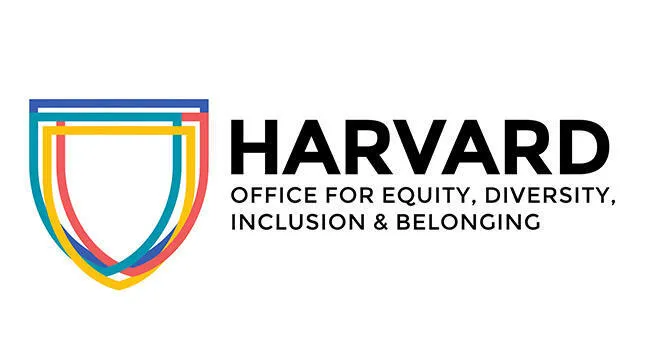(Harvard Crimson) On a posting for a position as an assistant professor in international and comparative education at the Harvard Graduate School of Education, applicants are required to submit a CV, a cover letter, a research statement, three letters of reference, three or more writing samples, and a statement of teaching philosophy that includes a description of their “orientation toward diversity, equity, and inclusion practices.”
At Harvard and elsewhere, hiring for academic jobs increasingly requires these so-called diversity statements, which Harvard’s Derek Bok Center for Teaching and Learning describes as being “about your commitment to furthering EDIB within the context of institutions of higher education.”
By requiring academics to profess — and flaunt — faith in DEI, the proliferation of diversity statements poses a profound challenge to academic freedom.
A closer look at the Bok Center’s page on diversity statements illustrates how.
For the purpose of showcasing attentiveness to DEI, the Center suggests answering questions such as: “How does your research engage with and advance the well-being of socially marginalized communities?”; “Do you know how the following operate in the academy: implicit bias, different forms of privilege, (settler-)colonialism, systemic and interpersonal racism, homophobia, heteropatriarchy, and ableism?”; “How do you account for the power dynamics in the classroom, including your own positionality and authority?”; “How do you design course assessments with EDIB in mind?”; and “How have you engaged in or led EDIB campus initiatives or programming?”
The Bok Center’s how-to page mirrors the expectation that DEI statements will essentially constitute pledges of allegiance that enlist academics into the DEI movement by dint of soft-spoken but real coercion: If you want the job or the promotion, play ball — or else.
Playing ball entails affirming that the DEI bureaucracy is a good thing and asking no questions that challenge it, all the while making sure to use in one’s attestations the easy-to-parody DEI lingo. It does not take much discernment to see, moreover, that the diversity statement regime leans heavily and tendentiously towards varieties of academic leftism and implicitly discourages candidates who harbor ideologically conservative dispositions.
In addition to exerting pressure towards leftist conformity, the process of eliciting diversity statements abets cynicism. Detractors reasonably suspect that underneath the uncontroversial aspirations for diversity statements — facilitating a more open and welcoming environment for everyone — are controversial goals including the weeding out of candidates who manifest opposition to or show insufficient enthusiasm for the DEI regime.
Detractors also reasonably object to what they see as a troubling invitation to ritualized dissembling. A cottage industry of diversity statement “counseling” has already emerged to offer candidates prefabricated, boilerplate rhetoric.






